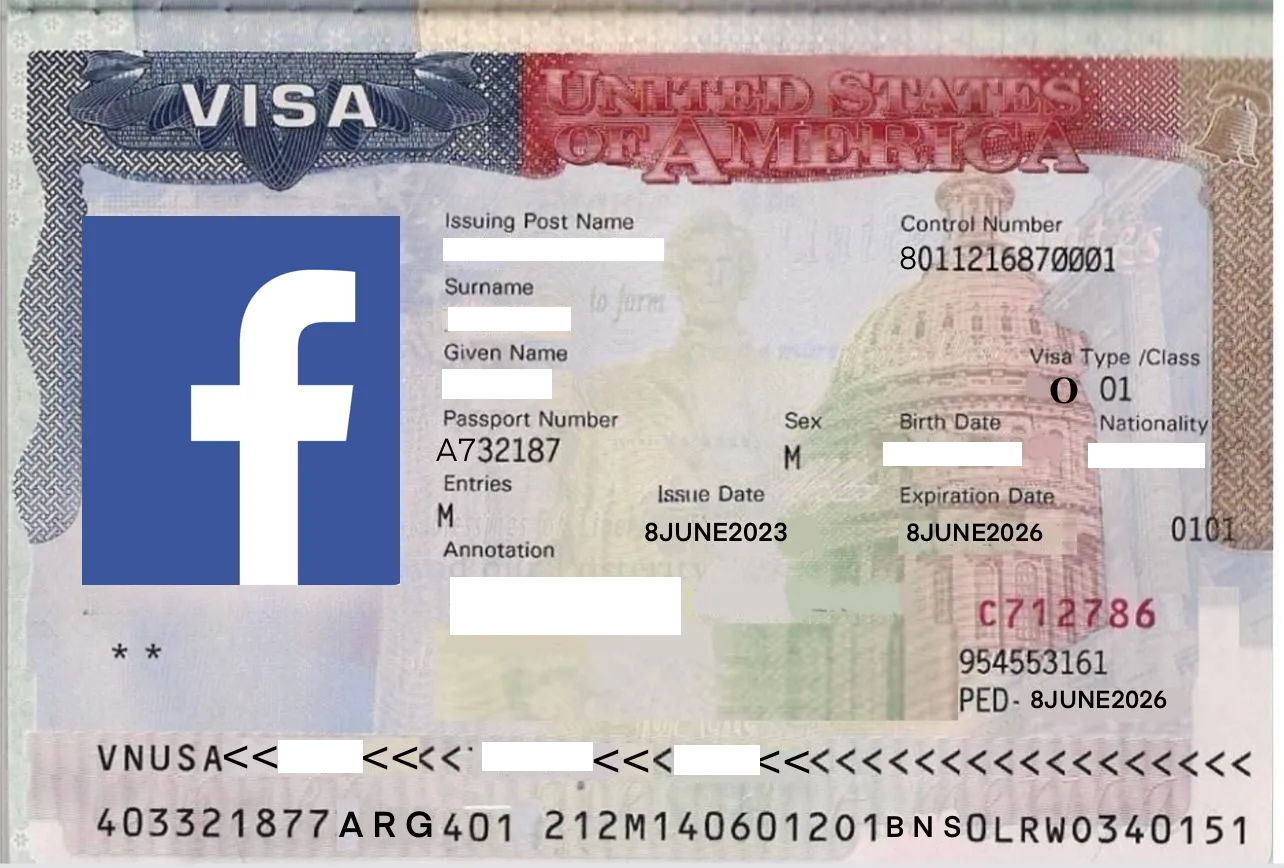Table of Contents
In January, the United States Citizenship and Immigration Services (USCIS) announced a significant increase in visa fees for three key categories aimed at attracting foreign talent to the United States: H-1B by 70%, O-1 by 129%, and L-1 by 201%.
Big Tech companies have publicly advocated for increasing the number of visas for foreign talent. Back in 2013, Mark Zuckerberg himself spearheaded FWD.us, a reform advocacy group that aimed to help companies hire top foreign talent.
However, when looking at Big Tech’s response to January’s visa fee increase announcement, they have been surprisingly silent. This pattern of silence demonstrates that while Big Tech companies have always publicly pushed for enabling more talent to enter the US, they have not tried to make hiring more foreign talent easier logistically nor financially. Ultimately, the US’s current skilled foreign worker policy benefits Big Tech companies and other large corporations the most compared to other businesses because it disadvantages smaller companies.
Big Tech can afford to jump through hoops to sponsor foreign born talent, while smaller firms and start-ups often cannot. If a company wants to initially sponsor an employee for an H1-B visa (H1-B lasts only 3 years, so employees need sponsorship multiple times), it would cost around $9400. And to navigate the complex and opaque legal system that surrounds top talent immigration, the company would often need to have a legal team.
The hoop jumping is easy for a giant like Meta, but challenging for startups or other smaller businesses. And this ends up hurting American innovation. If a startup wanted to build a new type of car, it would be useful to hire a German who understands their country’s automotive industry. If it was making semiconductors, having someone who worked on lithography machines in ASML in the Netherlands could be game-changing.
It is not that the US cannot grow talent in those fields on its own, quite the opposite. But German cars are very different from American ones, and countries handle industries in different ways. Japanese green tea is different from British green tea—years of experience have transformed the practices of green tea production in each country. For the US to innovate would mean bringing in top foreign talent with foreign perspectives. And bringing in new perspectives is the core fuel of innovation.
These hefty visa regulations exist to ensure that “taking foreign workers does not harm US workers.” However, these regulations should not apply to high innovation fields that require a lot of talent like tech and healthcare. Foreign-born workers would likely end up creating jobs.
International students alone, those who have come to study at American colleges and universities, have created companies that are worth more than 180 billion dollars like Instagram, Stripe and Tesla. If we look at immigrants as a whole, the figure is even more staggering: more than 300 unicorns have been founded by them. Those companies have created millions more jobs, and brought trillions of dollars into the US Treasury by simply paying taxes, not to mention their role in economic growth.
Large corporations understand the benefits for innovation that hiring foreign talent brings. And they want to increase the number of H1-B visas to reap those benefits. Nvidia recently recruited 515 former Samsung employees from South Korea—and, because the company is worth billions, it can.
However, because of the high costs and the swarm of legal compliance work that needs to be done in the current system, big companies are the only ones that can afford to hire such talent, putting startups and smaller companies in general at a disadvantage. And if we want to keep pushing the boundaries of innovation, we must ensure that talent flows freely to where it can drive the most impact—no matter the size of the company.








